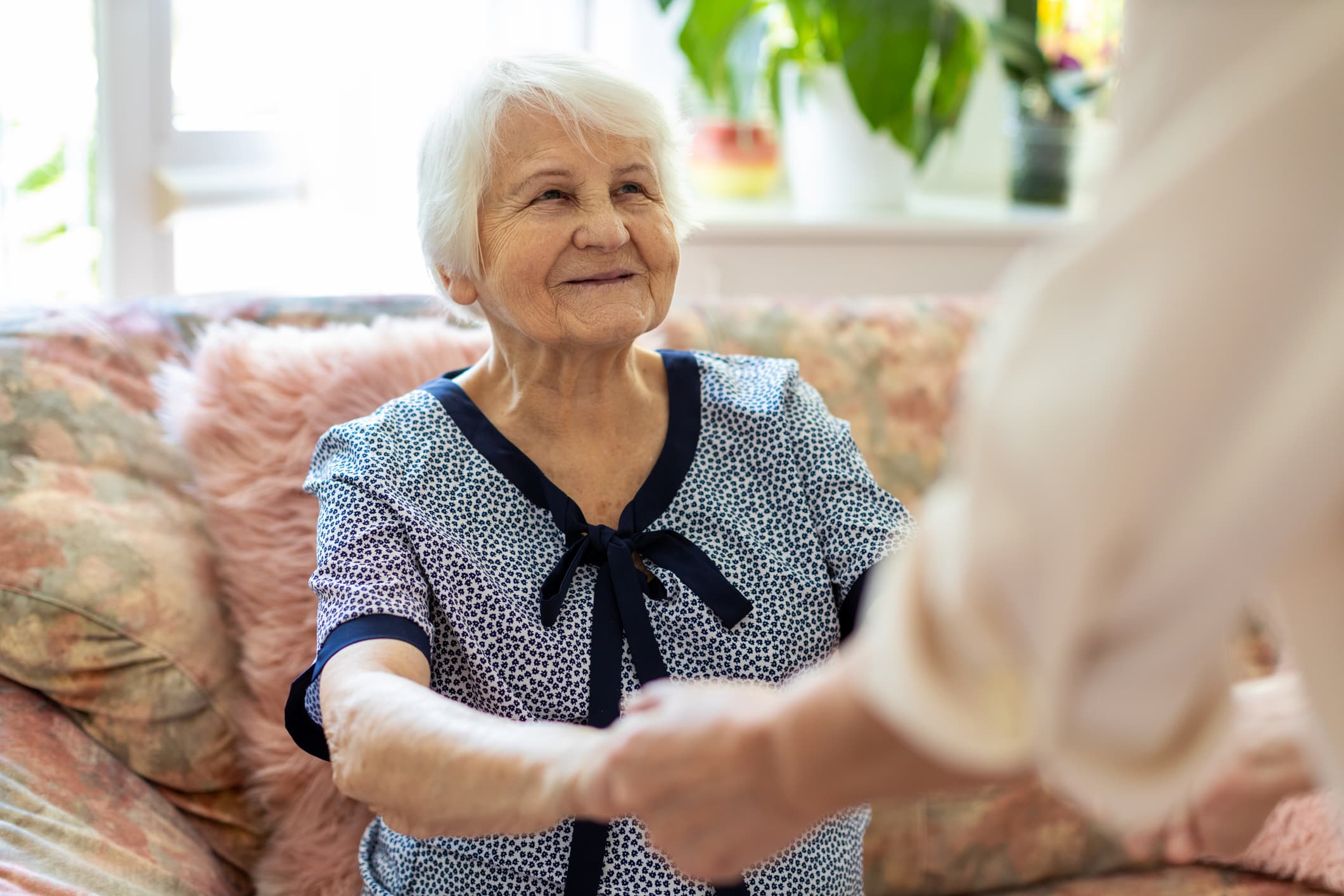More results...
Healthcare | October 25, 2024

As our loved ones age, it’s natural to worry about their health and well-being. One concern that often arises is the possibility of Alzheimer’s disease. For family members who may become caregivers, recognizing the early signs of Alzheimer’s is crucial for providing timely support and planning for the future.
Alzheimer’s disease is the most common form of dementia, a collection of conditions that affects someone’s memory, thinking, and behavior. The disease causes protein buildup, cell damage, and other issues that gradually damage the brain.
A good way to understand how Alzheimer’s affects people is to think of the brain as a network of highways. The damage Alzheimer’s causes creates roadblocks that disrupt the flow of information needed for people to remember something, communicate, and complete other cognitive abilities.
This damage grows in severity over time, progressively affecting people in a way that makes changes difficult to recognize. People with Alzheimer’s typically go through four different stages as the disease progresses:
The National Institute of Aging reports that more than 6 million Americans may have Alzheimer’s. Most of these people are seniors, with the Mayo Clinic estimating that 70% of individuals with Alzheimer’s are at least 75 years old.
While signs commonly begin to appear when someone is in their 60s or later, early-onset Alzheimer’s accounts for roughly 5% of total cases. People who suffer from early-onset Alzheimer’s can start showing symptoms as early as their 30s.
One of the difficult parts about spotting Alzheimer’s is that it affects everyone differently. Just as every person is unique, the signs of Alzheimer’s can vary from one individual to another.
Another challenge is that some signs may seem like normal aging at first. Occasionally forgetting someone’s name or making a questionable decision isn’t an immediate red flag. Instead, look out for repeated issues that are making a direct impact on the quality of your loved one’s life (and how it affects others close to them). Common warning signs for Alzheimer’s include:
It’s important to consult with a healthcare professional once you notice any out-of-character behavior that aligns with any of these signs. An early diagnosis can help your loved one receive the care and support they need to improve their quality of life.
If your loved one has been diagnosed with Alzheimer’s, the combination of the diagnosis and the new caregiving responsibilities can feel overwhelming. But remember, you’re not alone. Close friends and family can help take some of this work off your shoulders so that you don’t suffer from caregiver burnout. There are also different forms of professional support to help ensure that your loved one gets the care they need to live their best life.
Trying to find the right support for your loved one with Alzheimer’s? Find a community that’s close to you or give us a call at 844-465-6063 to talk to one of our friendly staff members today.
More results...
November 21, 2022 - Healthcare
Staying active at any age makes a difference. Check out these workouts for seniors to ensure that you stay healthy without overexertion.
November 29, 2022 - Healthcare
Regular balance exercises make a major difference in improving your stability. Learn about seven exercise that can improve your balance.
December 7, 2022 - Healthcare
It isn’t easy taking care of a loved one with dementia. These tips can help you take care of your loved one and make your life a little easier.